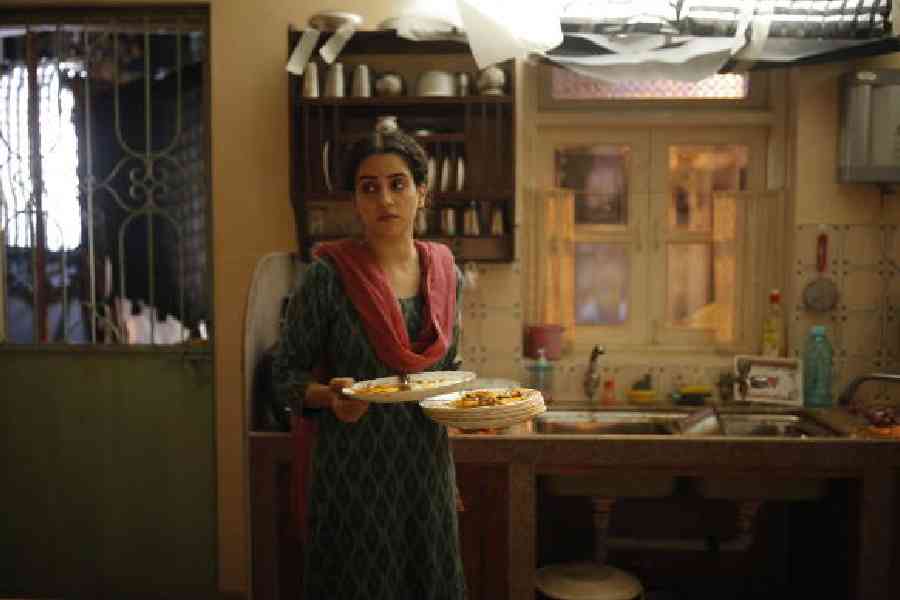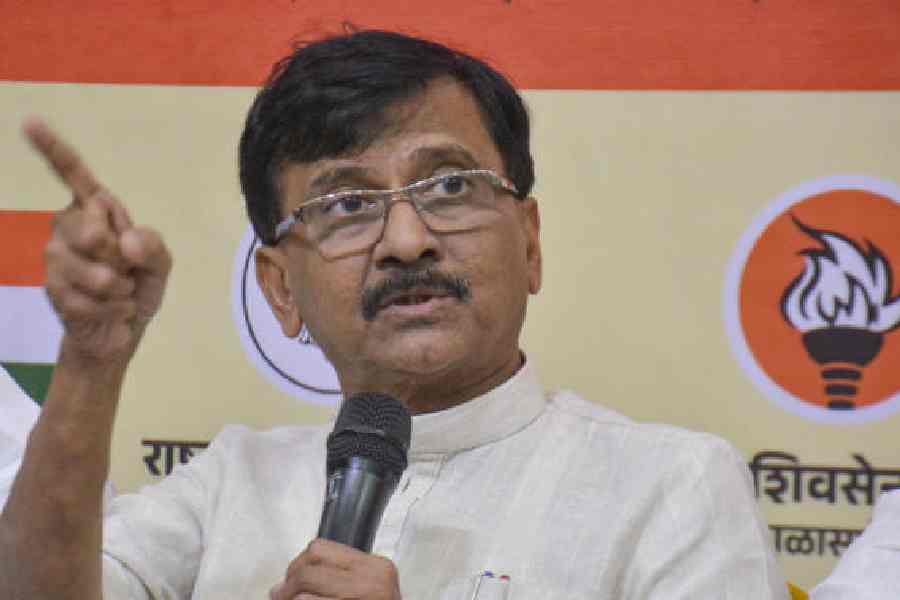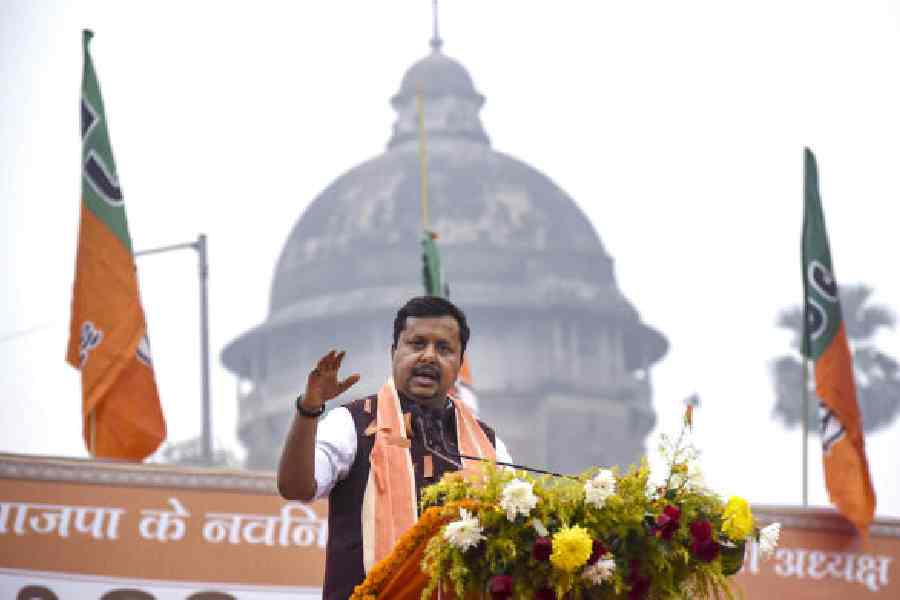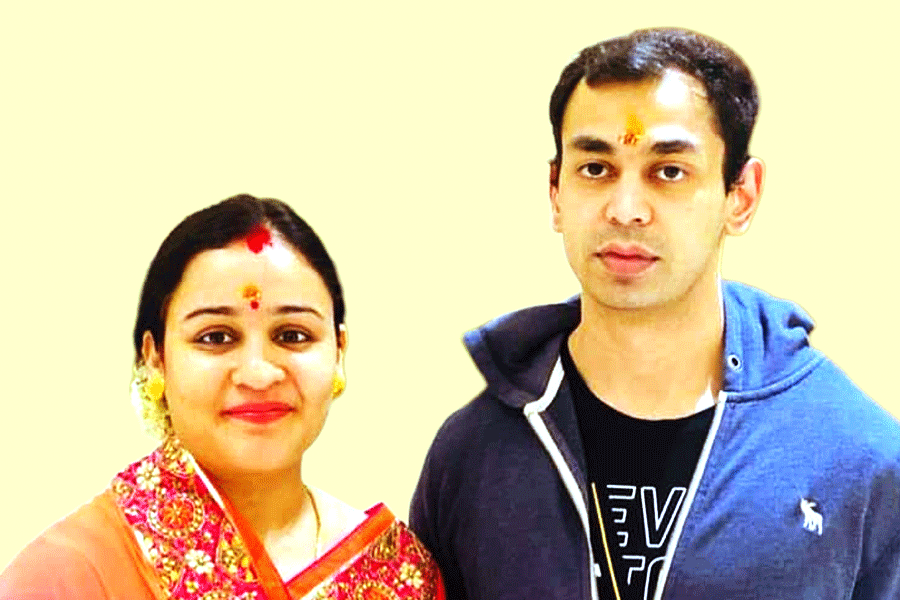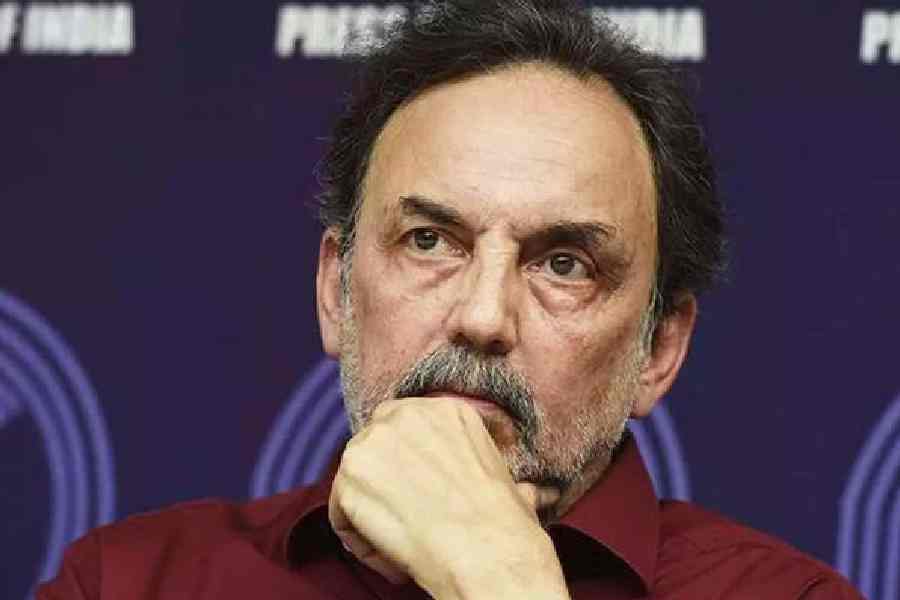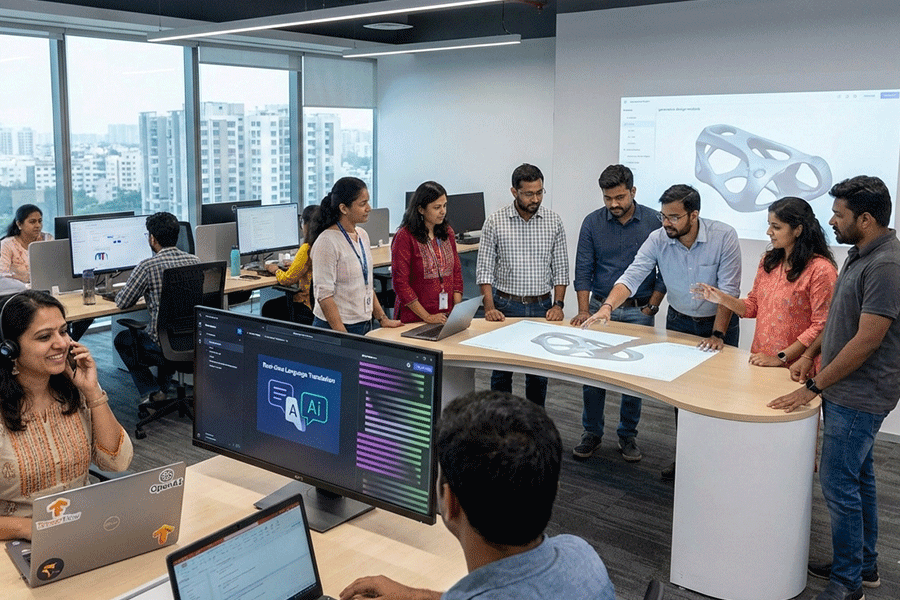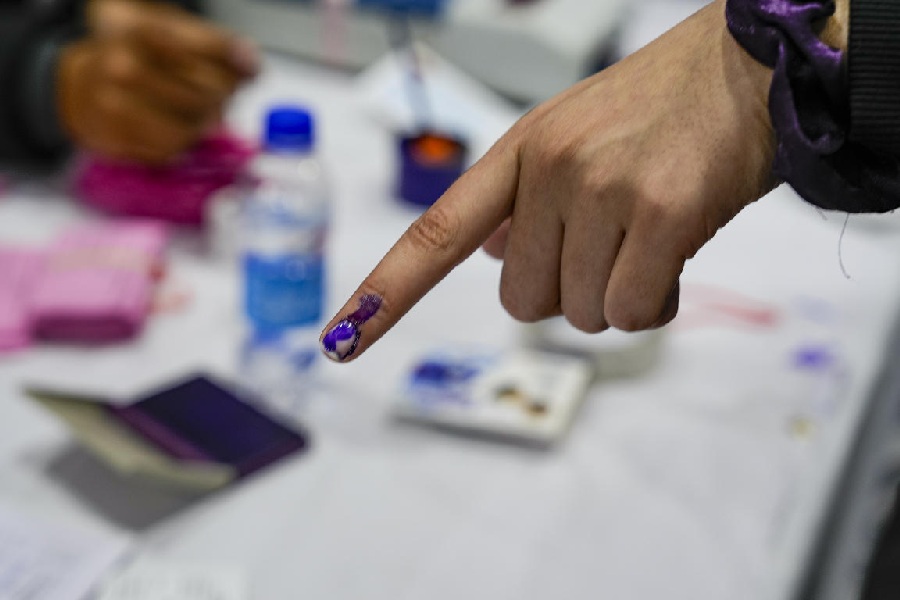For those not in favour of remakes — I am one of them, considering most turn out to be a lazy copy-paste job — the decision to let go of Mrs because the memories of watching The Great Indian Kitchen are too sacrosanct, will not be unfounded. But Mrs is not just any other remake. It is a thriving, breathing, nuanced film in its own right. It is the kind of film that takes the best out of its source material and enhances it, setting itself in a socio-cultural context that is relevant and relatable.
Mrs hits hard — just as hard as The Great Indian Kitchen did when it released at the tail-end of the first wave of the pandemic. The Malayalam film with a seemingly simple story of a newly-married woman struggling to fit into a conservative and patriarchal household, ignited conversations around gender roles, casual sexism, toxic relationships, male entitlement and a woman’s role in a world she is constantly stereotyped in. It became a mirror of the suffering that most Indian women, at some time or maybe all of the time, have been subjected to. In that film, what remained subtle and innocuous at first finally boiled over into rage that resulted in a moment of gut-wrenching catharsis. Like the woman at the centre of it, we felt elated, but we also cried.
A great admirer of The Great Indian Kitchen, especially Nimisha Sajayan’s poignant and powerful performance, I was equally taken in by Mrs. Sometimes, more. That is partly because director Arati Kadav sets her film, streaming on Zee5, in an upper middle-class household peopled with seemingly progressive men. These are the kind of men that we see all around us. They could be our neighbours, the fathers of our friends... they could be our fathers-in-law or even our fathers.
Richa — played by a luminous Sanya Malhotra — gets married into such a family. The husband is a gynaecologist — he likes to call himself ‘doctor of the female anatomy’ — but it becomes very clear, less than halfway into the film, that he has no capability or interest in understanding the mind of a woman. And that is not even the worst thing about him.
Initially, Richa, a dancer with her own troupe, happily embraces her new ‘home’. She runs into the kitchen every morning to help out her mother-in-law (Aparna Ghoshal), a woman conditioned by society and circumstance to slave for the men of the house. Kadav, working out of a script adapted and written by Anu Singh Choudhury and co-producer Harman Baweja, scores with the subtle tone and treatment. Mrs never resorts to high-pitched drama or shrill shouting and screaming. The frustration builds over time, with humiliation taking over quickly. As a viewer, woman or not, you empathise with how things go south for Richa; the glow of a new bride is replaced by the sweat of the kitchen and you literally see the light going out of her. That is the kind of impactful storytelling Mrs has.
What makes Mrs such a hard-hitting watch is that it never hammers it in. The sexism is casual and, unfortunately, ingrained. The wedding gifts are dominated by food processors and casseroles because a woman’s place, after all, is in the kitchen. The husband (Diwakar, played by Nishant Dahiya) complains about working 12 hours a day, but his wife being holed up in the kitchen from morning to night is not considered ‘work’; the father-in-law (played by Kanwaljit Singh) lectures Richa on how to grind the spices ‘correctly’ and cringes his nose at biryani made in a pressure cooker, but won’t even pick up his plate after eating; the wives need to lay out their husband’s clothes, and even their shoes, before they leave for work; the mother-in-law goes to help out her pregnant daughter, but that only means shifting from one kitchen to another.
The shots of vegetables being cut, spices being ground, phulkas swelling up on the gas stove and curries acquiring a rich colour as they are simmered, are enticing at first. But as Richa’s drudgery increases, even food acquires an ominous edge.
For Richa, matters come to a head when overt patriarchy sets in — she is not allowed to seek a job (“Your mother-in-law has a PhD but prioritised home and kids,” the father-in-law tells her). Diwakar laughs disparagingly and says: “Hobby ko job kaun banata hain?” When she complains to her husband about sex being mechanical between them and says that he never takes her desires into consideration, he spits out that she must have had “prior experience” with sex. Gaslighting is, of course, par for the course. Richa dismantles bit by bit, with the perpetually leaking pipe in the kitchen becoming a metaphor for her life after marriage. When it is revealed that it is the whole piping system that needs to be replaced, it is an allusion to how society, skewed towards patriarchy, needs a top-to-bottom overhaul.
Mrs scores with multiple such metaphors, with the subtle finally turning sinister. The penultimate moments are cathartic even for those who have watched the original. Richa ultimately turns out to be a ‘prime number’. So does Mrs.

